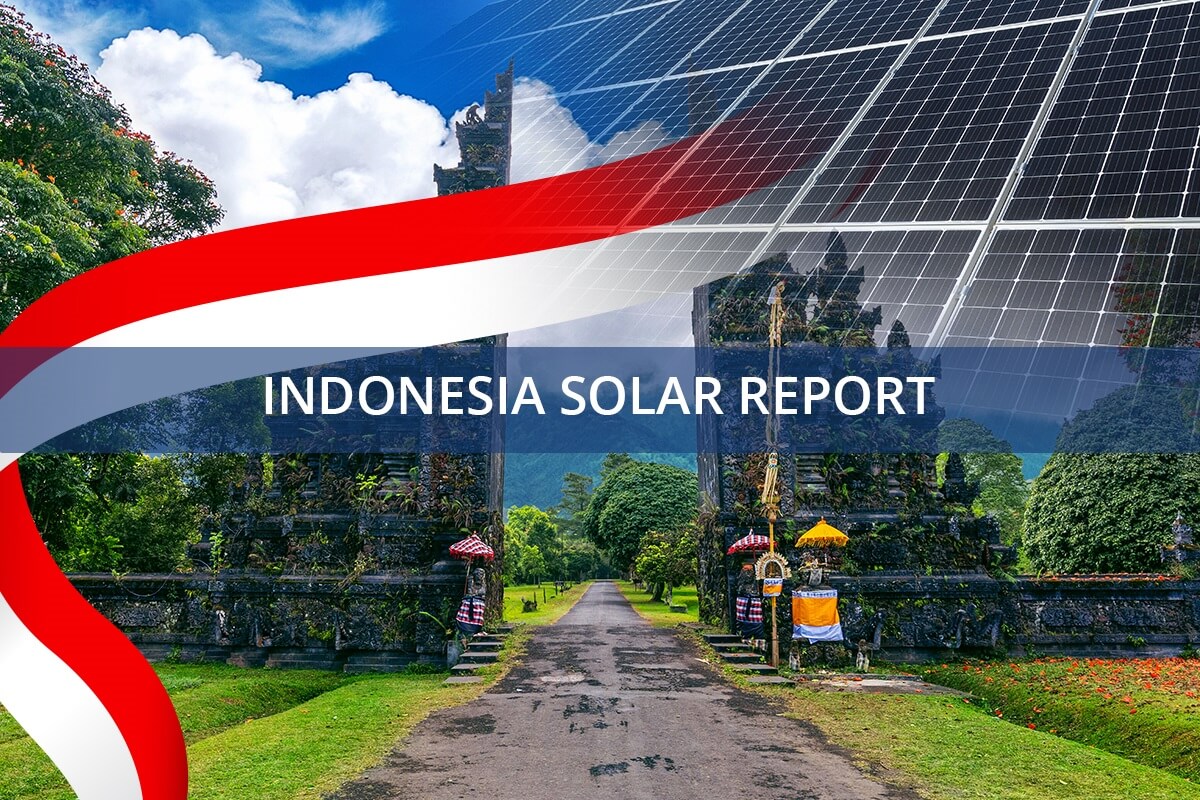Indonesia Solar Manufacturing Capacity Gets a 1.4 GW Boost
Indonesia is poised to significantly increase its solar panel manufacturing capabilities with the construction of a new 1.4 GW facility in Batam. This factory, a joint venture between domestic and international companies, is a crucial step towards achieving the nation’s renewable energy targets and reducing its dependence on imported solar panels. This move aligns with global trends towards localized manufacturing for clean energy, as highlighted by projects like the 75MW Tierra del Sol project in Guatemala [https://www.pvknowhow.com/news/guatemala-solar-park-75mw-tierra-del-sol/].
Boosting Local Economy With Indonesia Solar Manufacturing
The new facility will manufacture monocrystalline and polycrystalline silicon solar panels, along with solar cells and modules. This comprehensive approach is expected to create thousands of jobs and stimulate the local economy in Batam. Furthermore, the increased domestic production of solar panels will contribute to a reduction in Indonesia’s carbon emissions.
Indonesia Solar Manufacturing and Renewable Energy Ambitions
In 2023, the Indonesian government set an ambitious goal of achieving 23% renewable energy capacity by 2025. This new solar panel manufacturing facility will play a vital role in reaching this target by increasing the availability and affordability of solar energy within the country. However, realizing these ambitious targets requires addressing the various challenges facing the renewable energy sector, as discussed in articles like “Renewable Energy Barriers: 5 Critical Challenges Revealed in 2025 Report” [https://www.pvknowhow.com/news/renewable-energy-barriers-5-critical-challenges-revealed-in-2025-report/].
A Broader Commitment to Indonesia Solar Manufacturing
The Batam facility is just one component of Indonesia’s broader strategy to develop its renewable energy sector. The government has also outlined plans to invest in new wind farms, hydropower plants, and geothermal power plants in the coming years, demonstrating a strong commitment to diversifying its energy sources.
A Sustainable Future for Indonesia Solar Manufacturing
This new facility is a significant step towards reducing Indonesia’s reliance on fossil fuels and achieving its renewable energy objectives. The government’s commitment to a sustainable future is encouraging, and the Batam solar panel manufacturing facility is expected to be a key driver in paving the way for a cleaner and more sustainable energy landscape in Indonesia.

